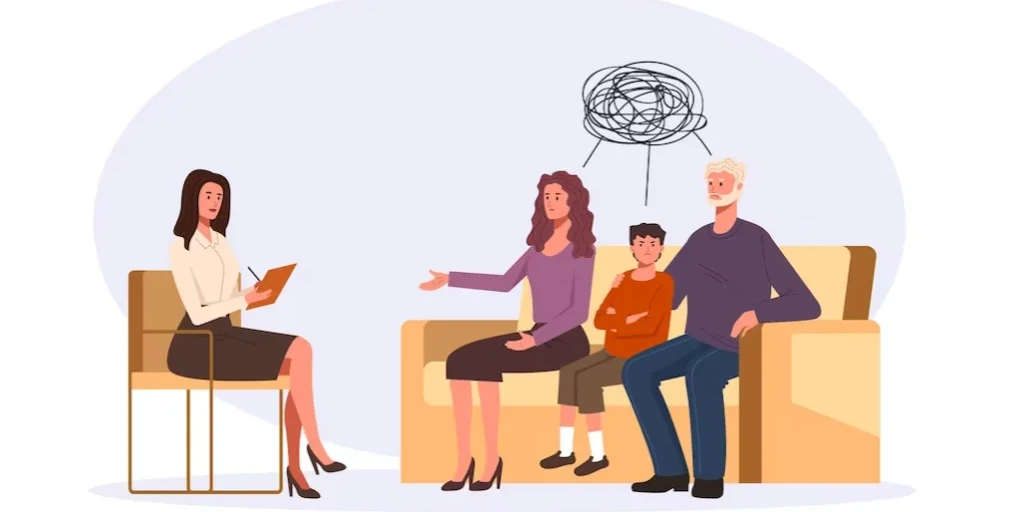24/7 Helpline:
(866) 899-221924/7 Helpline:
(866) 899-2219
Learn more about Eating Disorder Treatment centers in McCracken County
Eating Disorder Treatment in Other Counties

Other Insurance Options

Regence
Beacon

Health Net

AllWell

Absolute Total Care

BlueShield

Magellan

Oxford

Coventry Health Care

PHCS Network

Molina Healthcare

GEHA

MVP Healthcare

Kaiser Permanente

Health Choice

Amerigroup

WellCare Health Plans

WellPoint

Anthem

Sutter

Ensite
Ensite is a private rehab located in Paducah, Kentucky. Ensite specializes in the treatment of alcoh...

Mercy Health – Behavioral Health Inpatient Services
Lourdes Hospital located in Paducah, specializes in the treatment of Mental Health. Lourdes inpatien...

Four Rivers Behavioral Health – Center for Adult Services
Four Rivers Behavioral Health – Center for Adult Services is a private rehab located in Paducah, Ken...

SperoHealth – Berger Road
SperoHealth – Berger Road is a private rehab located in Paducah, Kentucky. SperoHealth – Berger Road...

JourneyPure
If you’re looking for help that actually helps you, you’re in the right place. JourneyPure is the be...

Millstone Counseling Center
Millstone Counseling Center is a private rehab located in Paducah, Kentucky. Millstone Counseling Ce...

WKDA Counseling Services
WKDA Counseling Services specialized in anger management, DUI programs and alcohol and drug therapy....

New Start Counseling
New Start Counseling is a private rehab located in Paducah, Kentucky. New Start Counseling specializ...





























































